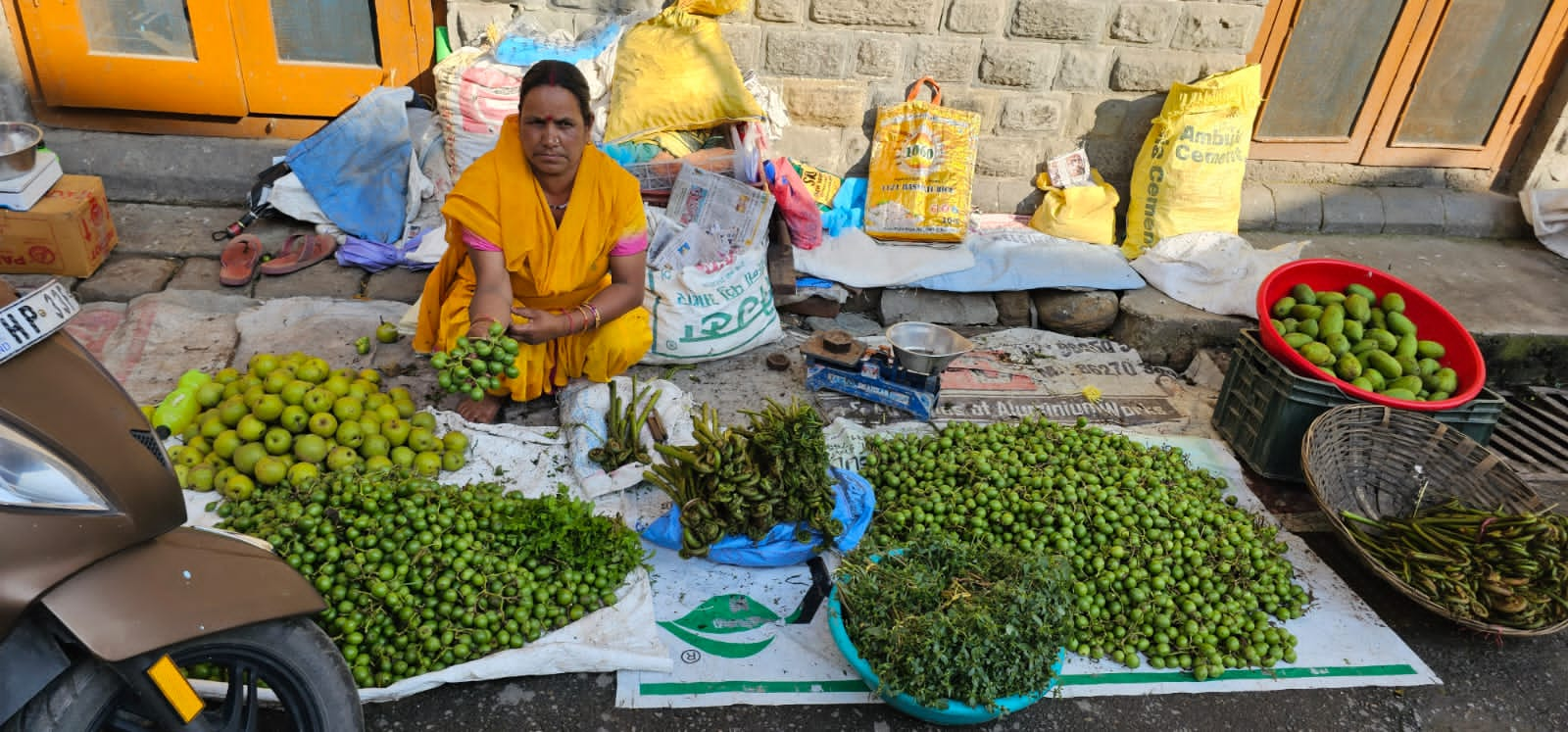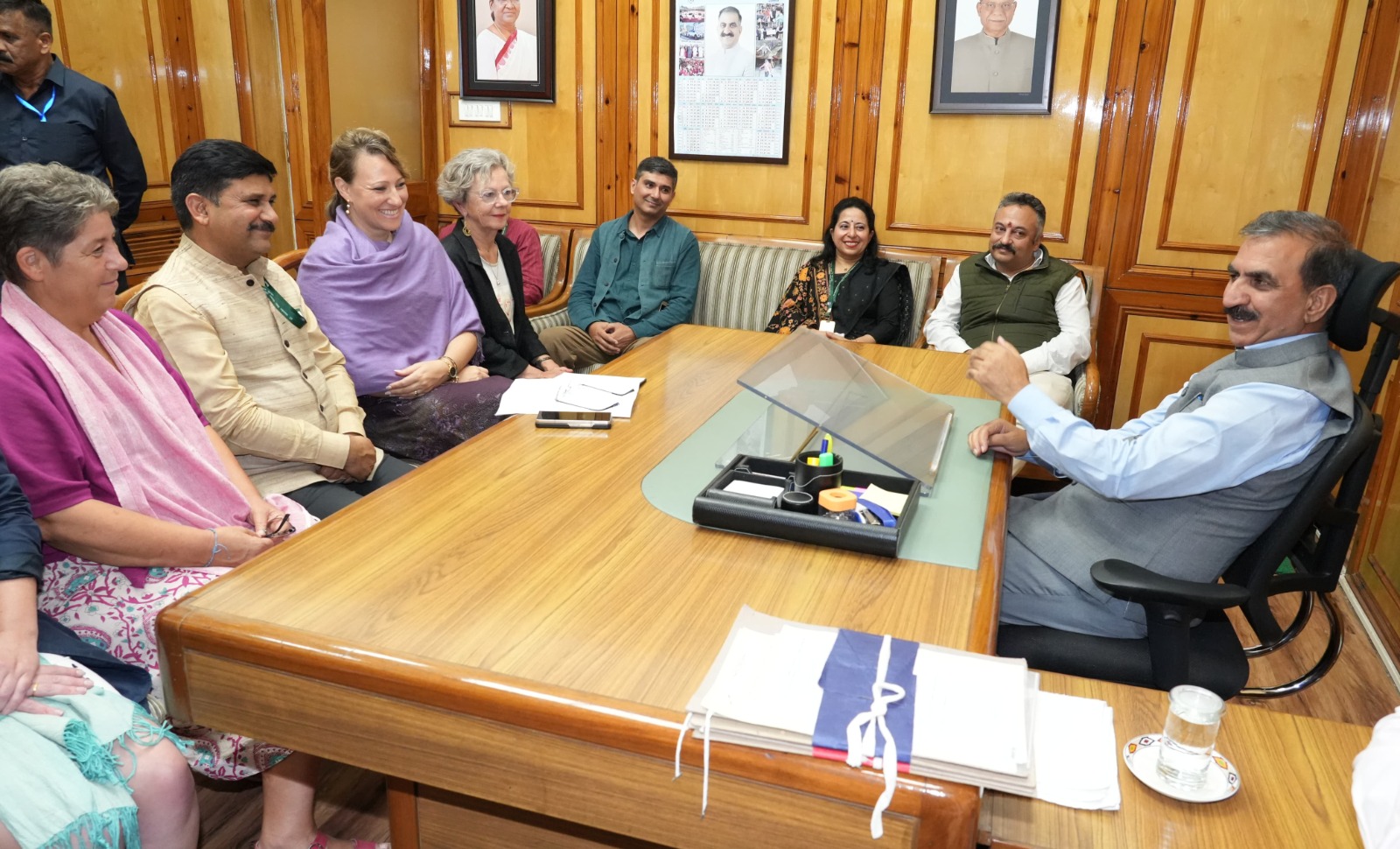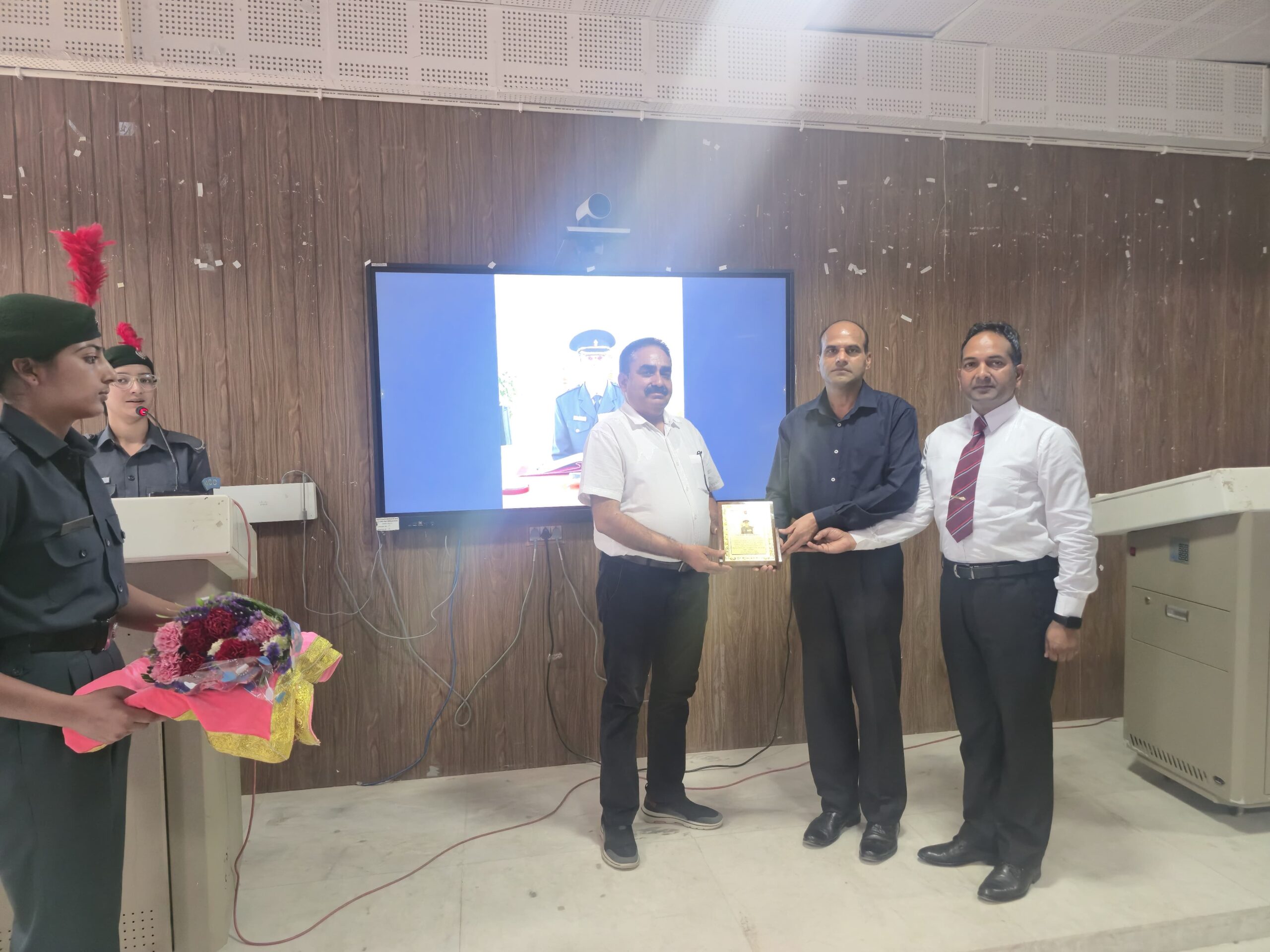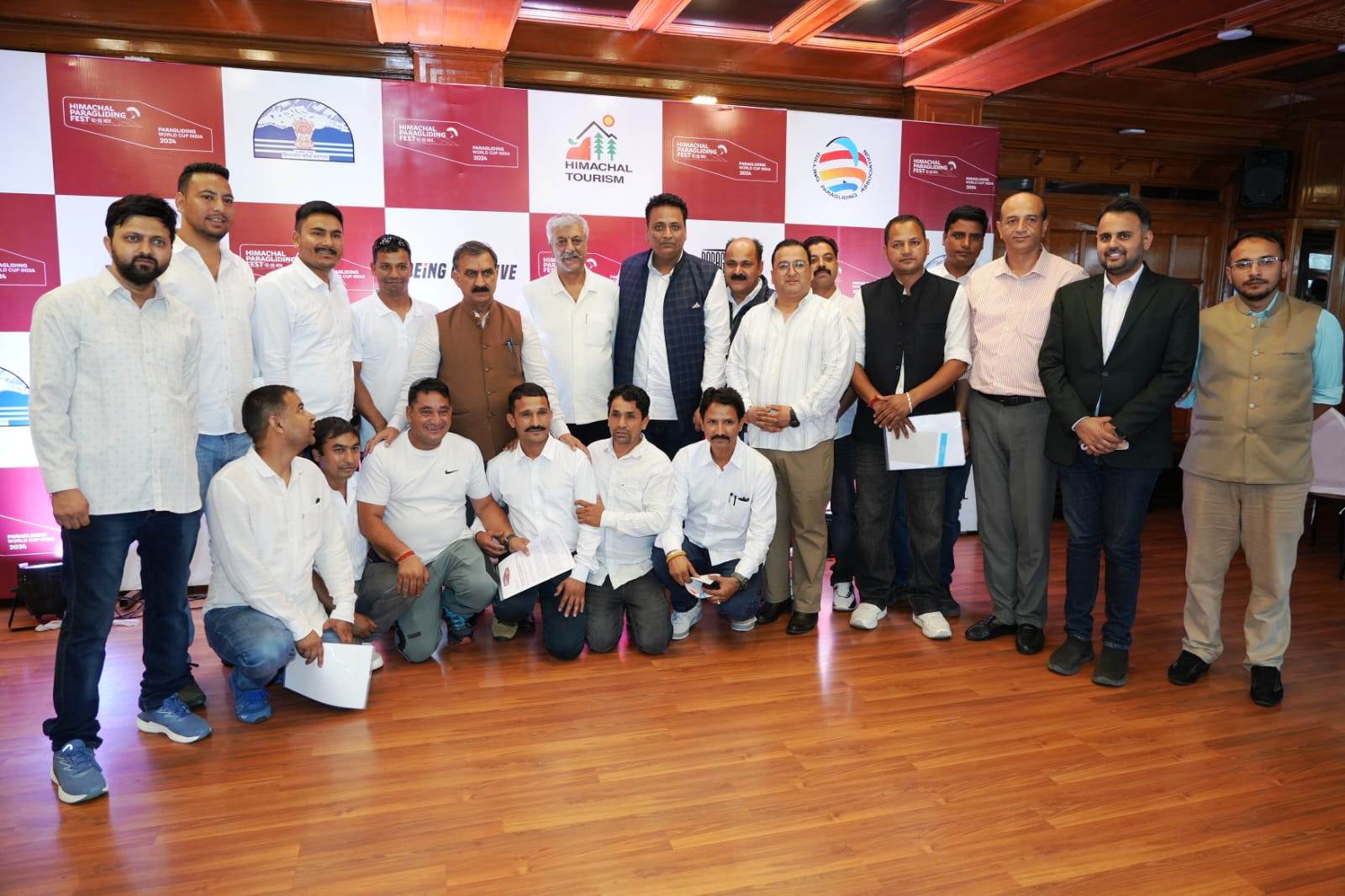A Holistic Approach to Ensuring the Right to Nutritious Food for a Better Future: Dr. Tara Devi Sen.
Shimla:

During the closing ceremony of Gyankumbh in Haridwar, I had the privilege of listening to Dr. Lakshmidhar Behera, Director of IIT Mandi, address three critical challenges for India’s future: providing nutritious food for all, improving health facilities, and maintaining a clean environment.
These challenges are deeply interconnected, making it impossible to tackle one without addressing the others. Reflecting on these issues, the theme for World Food Day 2024— “Right to foods for a better life and a better future “— takes on even more significance. This theme emphasizes that access to food is not just about fulfilling hunger but ensuring it is nutritious, safe, and of good quality to lead a healthier and brighter future.
In today’s world, as we strive for modernization, environmental degradation is becoming a severe problem. Even in Himalayan states like Himachal Pradesh and Utrakhand, despite favourable environmental conditions, issues like shrinking agricultural land due to road widening, excessive use of chemical fertilizers, pesticides, and sprays are leading to soil and water degradation. Climate change is further shifting the habitats of many traditional crops, making it increasingly difficult to provide nutritious food for coming generation.
In this context, traditional crops such as Moringa (Sahjan), Nagphani (Prickly Pear), Sea Buckthorn, and millets like Amaranth, Buckwheat, Foxtail Millets, Sorghum Millets, Kodo Millets and Bathua are crucial for food security and health. These crops, often referred to as ‘superfoods,’ are not only rich in nutrients but also have the resilience to grow in harsh climatic conditions, promoting both environmental conservation and food security.
When we think about this year’s World Food Day theme, it becomes clear that promoting the cultivation of these plants is essential. These crops can withstand climate change and are an integral part of our traditional food culture, which needs to be preserved and promoted. However, access to quality food is not possible with just growing more crops; it also encompasses strengthening the entire food supply chain to ensure proper food production, processing, and distribution.
Food wastage is a significant challenge globally.
Every year, a considerable portion of food is lost due to a lack of proper processing, storage, and transportation. To combat this, food processing and value addition are critical. These measures not only reduce food wastage but also enhance the nutritional value of food products, making them accessible to more people.
Therefore, promoting traditional crop cultivation and strengthening the food supply chain will not only ensure the right to food but also preserve the Himalayas’ rich environmental and cultural heritage.
Key steps to ensure the right to food for a better future:
Promoting local food production: Supporting local farmers and food producers to grow nutritious and organic food is essential for both food security and quality.
Raising awareness about balanced diets: It is vital to educate people about the importance of a balanced and nutritious diet. Diverse foods rich in vitamins, proteins, and minerals should be consumed.
Preventing food wastage: While many people around the world go hungry, a vast amount of food is wasted. We must adopt responsible behaviour to reduce food waste.
Education and awareness at all levels: Children and youth in schools, colleges, and communities should be taught about the importance of nutritious food so they can grow into aware and responsible citizens.
On this World Food Day, we must recognize that the right to food for a better life and future is not just a slogan, but a fundamental human right. If we envision a healthy, prosperous, and happy society, we must ensure that everyone has access to nutritious and safe food. Achieving this will require collective efforts—governments, farmers, organizations, and the general public must work together to end hunger and malnutrition and ensure a better life and future for everyone.
(Writer is Dr. Tara Devi Sen, Head of Department of Botany in Vallabh Government College Mandi HP.)




